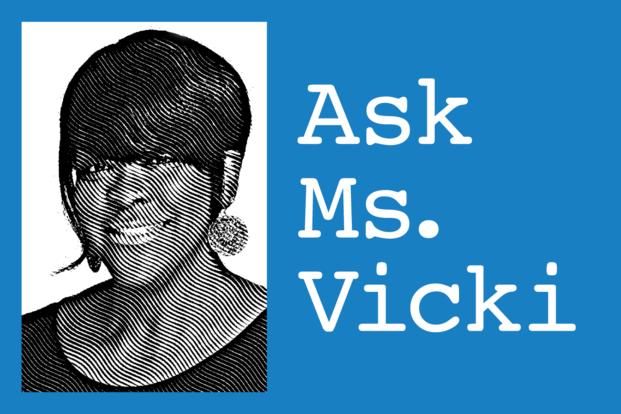Dear Ms. Vicki,
My boyfriend is an Army veteran who served in Afghanistan for a number of years before retiring.
As with a large number of veterans, he suffers from post-traumatic stress disorder, a condition that makes certain things in life a little difficult. At present, he lives in a tiny apartment that he shares with another veteran, and they struggle to make ends meet every month.
Due to his condition, he isn't very able to commute to a job or be around groups of people for extended periods. He is generally housebound.
He does have a work-from-home job at present, but I don't think that will last, which is going to place him in a terrible position once again.
Of course, being who he is, he is rather stubborn in that he doesn't look for handouts and won't seek aid from anywhere, partially due to not wishing to leave the house.
I am not a wealthy person and I'm incapable of supporting him on my own, but it tears me apart to see him suffer and struggle to live day to day. I think that for someone who has served their country to be in such a position after he has given so much is incredibly sad.
I don't really know what to do or if this is the right place to go. I just felt I had to at least try a few avenues so there was at least a small ray of hope.
If there's any direction you could point me in that might help, please do get in touch. I love him dearly and just want him to live comfortably.
-- Caring Girlfriend
Dear Caring Girlfriend,
This is tough because it sounds like you are watching your boyfriend drift away and there is nothing you can do about it.
Anyone can get PTSD. More importantly, it is treatable with therapy and medication. Used together, these interventions have the best outcomes, but some people choose to use one of the two.
In your letter, it is easy to identify that your boyfriend is dealing with anxiety and depression. He is also dealing with employment concerns and basically trying to find his way back to a place where he feels that he fits in.
Again, this is tough, but he doesn't have to suffer in silence. He is isolating from others, which will make his symptoms and syndrome worse.
I urge you to continue to advocate for him, attend doctor's visits with him and be a part of building him a wellness program that includes medical doctors, therapists, battle buddies who were in combat with him, family members, friends and spiritual support.
Below, find a list of other great resources that will be very helpful. Please contact them and visit their websites. Keep in touch with me, and let me know how you are doing.
-- Ms. Vicki
Resources for Veterans With PTSD
-
Vet Center Combat Call Center. Vet Centers provide readjustment counseling in a caring manner. Vet Centers assist family members toward a successful post-war adjustment in or near their community. Go online or call 877-WAR-VETS.
-
Defense Centers of Excellence for Psychological Health & Traumatic Brain Injury (DCoE) works to improve psychological health and deployment-related health care for our nation's warriors and their families. DCoE Outreach Center 24/7: 866-966-1020.
-
America's Heroes at Work. Supporting the employment success of returning service members with Traumatic Brain Injury and PTSD. Find it here.
-
Veterans Crisis Line. Read more about their services here. Go online or call (800) 273-8255.
-
Mobile App: PTSD Coach. From the Department of Veterans Affairs, the PTSD Coach app for your phone helps you learn about and manage symptoms of PTSD. Find it here.
Keep Up with the Ins and Outs of Military Life
For the latest military news and tips on military family benefits and more, subscribe to Military.com and have the information you need delivered directly to your inbox.

















